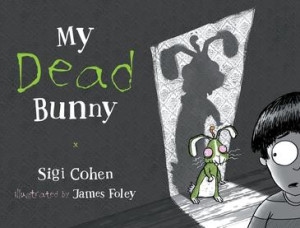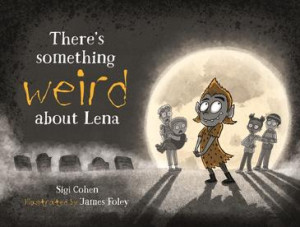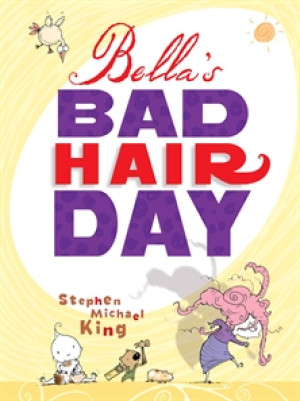

00:27 Meet the creators
01:15 How to hook readers from the first page
02:28 Tips for writing first lines
04:00 What to avoid when starting a story
05.16 Final words of advice
05:40 Here's what we've learned
 Learning Intentions
Learning Intentions
1. Learning about story beginnings, and how to craft engaging openings
2. Learning about what to leave in and what to take out when we are starting our stories.
3. Learning about using descriptive language to convey our ideas in interesting, attention-
grabbing ways.
SUCCESS CRITERA:
1. Demonstrated different ways of starting a story.
2. Selecting story details, and which details to include in a story beginning.
3. Experimenting with language, and using descriptive language.
 Discussion Questions
Discussion Questions
PRE-VIDEO:
Can you think of a story that you loved right from the beginning? What was it about
the start of that story that grabbed your attention?
Can you think of a story that you didn’t love straight away? What didn’t you like
about it?
What do you look for when you read the first few pages of a book? What sort of
things make you decide to keep reading?
POST VIDEO:
Lili advises us against starting a story with too much description. Why do you think
it’s more interesting to have a character ‘doing something, saying something, or
experiencing something’ in the beginning?
According to Mat, stories need a ‘Big Event’ early on that sets the story in motion.
Why do you think this ‘Big Event’ is important?
Mat and Lili both tell us that great opening lines should make you want to keep
reading. Can you think of any amazing first lines from books that have made you
want to keep reading a story?
Both Lili and Mat mention the importance of making decisions about what to put in a
story beginning, and what to leave out. What sort of details do you want to know
right in the beginning of a story? What details do you think can be saved for later?
 Curriculum Links
Curriculum Links
Australian Curriculum V9.0 Links
ENGLISH Y3-4
Language:
● Text structure and organisation: AC9E3LA03, AC9E4LA03
Literature:
● Examining literature: AC9E3LE03, AC9E4LE03
● Creating literature: AC9E3LE05, AC9E4LE05
Literacy:
● Analysing, interpreting and evaluating: AC9E3LY03, AC9E4LY03, AC9E3LY05,
AC9E4LY05
● Creating texts: AC9E3LY06, AC9E4LY08
GENERAL CAPABILITIES
LITERACY
Writing:
● Creating texts: Crafting ideas Level 5-6
CREATIVE AND CRITICAL THINKING
Generating:
● Create possibilities: Level 3










